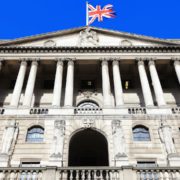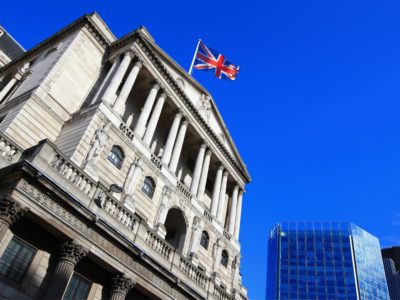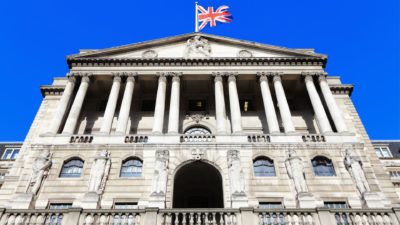Residential property sales between December 2018 and January 2019 have increased by 0.8 per cent, according to recent data released by HMRC.
This shows the market is steady at a time when political and economic uncertainty is high, showing that a significant number of people have chosen to purchase properties despite the current climate.
Overall there were 101,170 residential sales, which is 1.3 per cent higher than January 2018. This is also an increase of 0.9 per cent year on year, according to the recent figures from HMRC.
Meanwhile, non-residential property transactions increased by 0.2 per cent between December 2018 and January 2019 and were 2.4 per cent higher than in January 2018. This was a year on year increase of 3 per cent, according to the recent data from HMRC.
Historical figures
The fall in transactions starting at the end of 2007 coincided with the housing market slump and financial crisis. Prior to this, transaction counts had risen steadily, peaking in the middle of 2006, according to HMRC.
The December 2009 spike for the seasonally adjusted estimate was associated with the end of the stamp duty ‘holiday’, during which the lower tax threshold was raised to £175,000. The spike in March 2016 is associated with the introduction of higher rates on additional properties in April 2016, according to HMRC’s review of historical property transaction figures.
Also, the 2007 financial crisis triggered a fall in non-residential transactions, however, this was less significant than residential property transactions. Non-residential transactions had seen a generally flat seasonal cycle between September 2010 and September 2013, according to HMRC.
There has since been a generally rising trend of property transactions since 2013 for non-residential properties. This seasonal pattern generally features a low point at the start of the calendar year, with a corresponding peak each March, coinciding with the end of the financial year, according to HMRC.
Property sales and Brexit
Mike Scott, chief property analyst at online estate agent Yopa believes that despite a lot of talk about a Brexit effect, the housing market is actually quite stable. He commented: “We expect it to set the tone for the year as a whole, with around 1.2 million home sales in the whole of 2019, as there have been in every year since 2013. This level of activity is consistent with a steady market, neither booming nor crashing, so house prices should continue to rise slowly during the year, roughly in line with wage increases.”
However, Kevin Roberts, director of the Legal & General Mortgage Club, believes that political uncertainty and financial barriers such as stamp duty are still influencing some homeowners to improve their homes rather than moving. He commented: “We need to see more initiatives for those higher up the property ladder. One creative solution would be to extend the stamp duty exemption to last time buyers. This would free up larger properties for growing families and allow younger home buyers to move onto or up the property ladder.”
























Comments